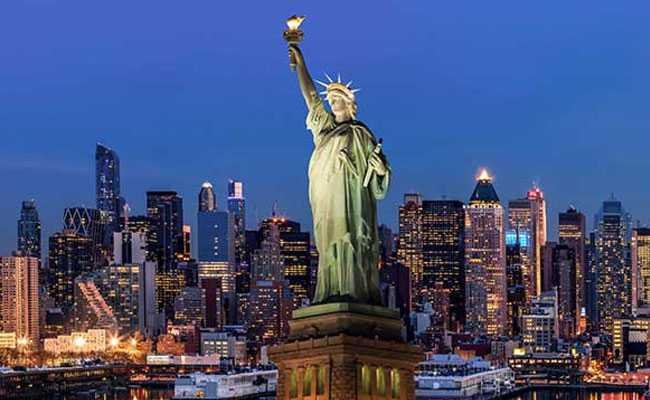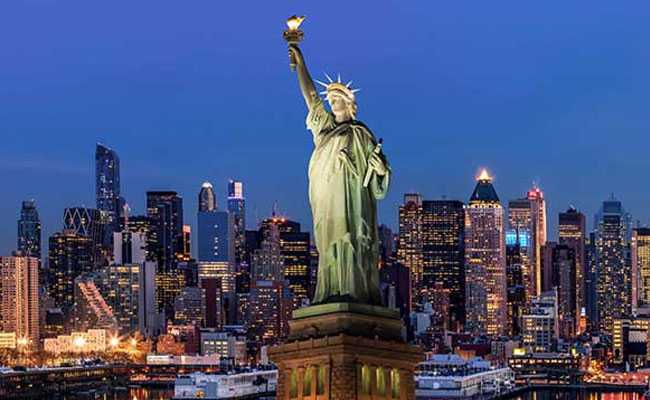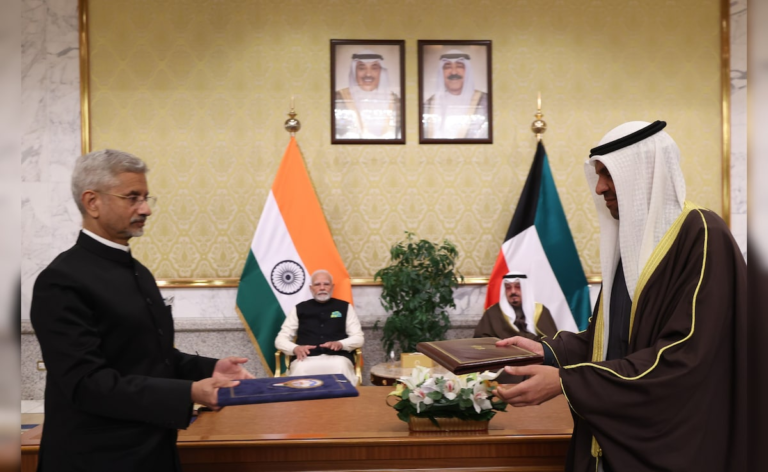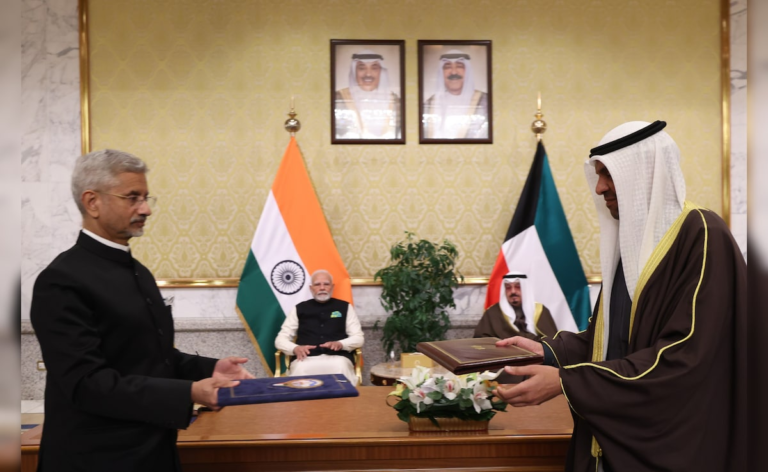

US to launch domestic work visa renewal programme in December, Indians to benefit most.
Washington:
The United States is set to begin a pilot programme for domestic renewal of certain categories of H-1B visas in December, a step that will benefit a significantly large number of Indian technology professionals, a US official has said.
This comes months after the White House announced the plan during the state visit of Prime Minister Narendra Modi in June.
In an interview to news agency PTI, Julie Stufft, Deputy Assistant Secretary of State for Visa Services, said, “In India, the demand (for US visas) is still very high. The wait time of six, eight and 12 months is not what we need and (it is) not indicative of how we view India.”
“We want to make sure that Indian travellers can get appointments as quickly as possible. One way we are doing that is through the domestic visa renewal programme, which is focused very much on India. We are piloting that,” she said.
Over a period of three months, beginning December, the State Department will be issuing 20,000 visas to foreign nationals who are already inside the country.
“We will do 20,000 in the first group. The vast majority of those will be Indian nationals living in the US and we will expand as it goes on.
“Because Indians are the largest skilled group of workers in the United States, we hope that India will benefit quite a bit from this programme and it will prevent people from having to travel back to India or anywhere for a visa appointment to get their visa renewed. It will allow our missions in India to concentrate on new applicants,” Ms Stufft said.
While the State Department has been working on launching such a programme on a pilot basis for quite some time now, it was formally announced during PM Modi’s visit.
The plan, which was mentioned in the joint statement and announced by PM Modi during his address to the Indian diaspora at the Ronald Reagan Centre, has been cheered and welcomed by the Indian community in the US.
Responding to a question, Ms Stufft said there will be a federal register notice, which is the first official notice of this coming out very soon, and that will describe all of the steps that need to be taken and who is eligible to apply in the first tranche and lay out those instructions.
“But I can say that we are doing these visas here in the United States. So, the idea is for a visa to be mailed from the United States to us in Washington. We print the visa and process the visa, put it in the passport and send it back to someone in the United States,” she said.
“So (that) the people don’t have to go to either Mexico or Canada or back to India or anywhere (else) to get that visa renewed. That is something that will be laid out very clearly in this federal register notice that comes out in a few weeks,” she said.
The domestic visa renewal programme is only for work visas, Ms Stufft underlined.
“This is an existing regulation that was allowed that we just have not used in about 20 years. These are work visas. It is intended for people who are living long-term in the US but want to renew their visa without going back overseas,” she said.
Describing it as a “huge undertaking”, Ms Stufft said, “We’re very excited about it. We’re starting small with a pilot of 20,000 cases in December, January and February and we look forward to opening that to more categories of workers living in the United States in the rest of 2024.” In a statement, Indian-American community leader Ajay Jain Bhutoria termed the move by the State Department “significant”.
As commissioner to the President’s Advisory Commission on Asian Americans, Native Hawaiians and Pacific Islanders, Mr Bhutoria has made such a proposal, which was accepted and recommended by US President Joe Biden.
“I am happy to see the recommendation I presented on behalf of immigration subcommittees on the Commission for H-1B visa stamping in the USA finally being implemented,” he said.
This relief will ultimately impact over one million H-1B holders, a significantly large number of whom are Indians, he said.
“My heartfelt thanks to President Biden, the State Department, the AANHPI Commission, immigration sub-committee members. Beyond this, my commitment to immigration issues remains unwavering, advocating for policy changes such as removing the seven-year country cap, reducing the green card backlog and EAD for approved I-140 with a five-year backlog and ageing out kids,” Mr Bhutoria said.
This progress, alleviating burdens for legal immigrants, reflects a society moving towards inclusiveness, he said.
(Except for the headline, this story has not been edited by NDTV staff and is published from a syndicated feed.)




